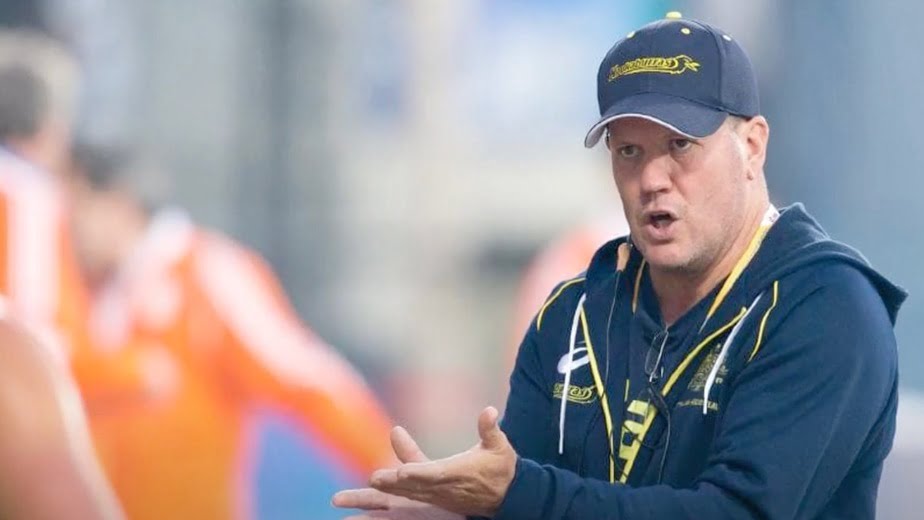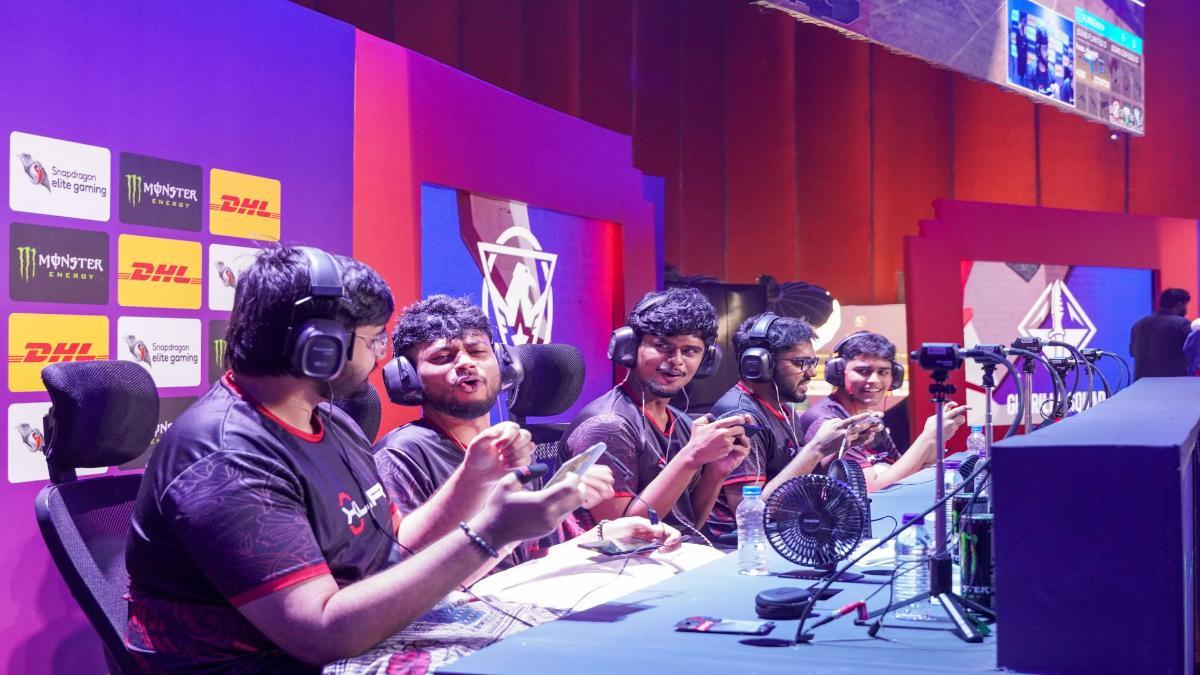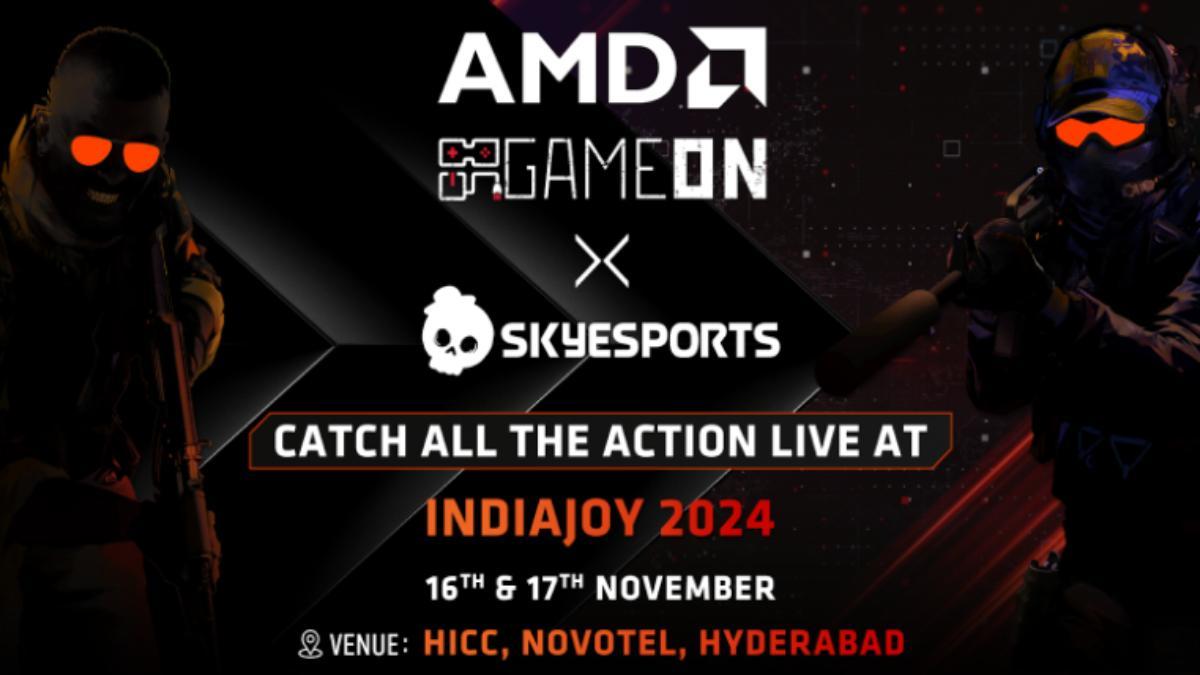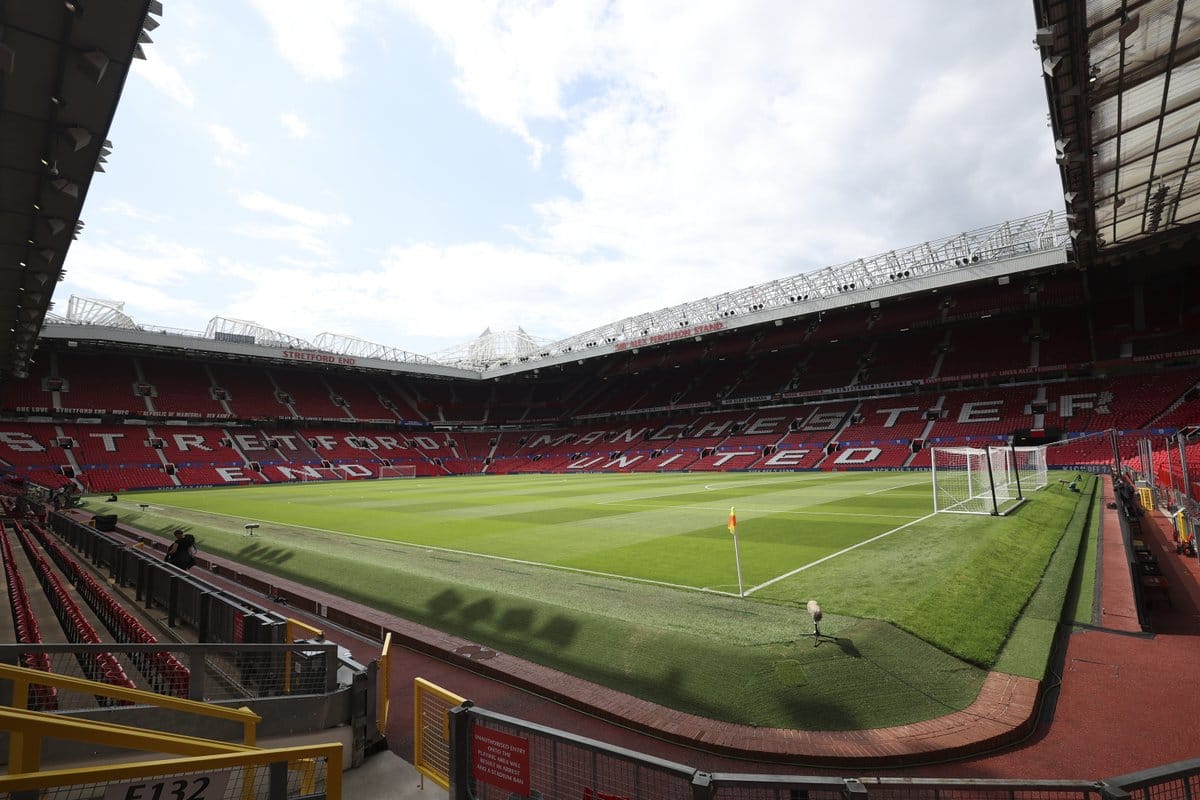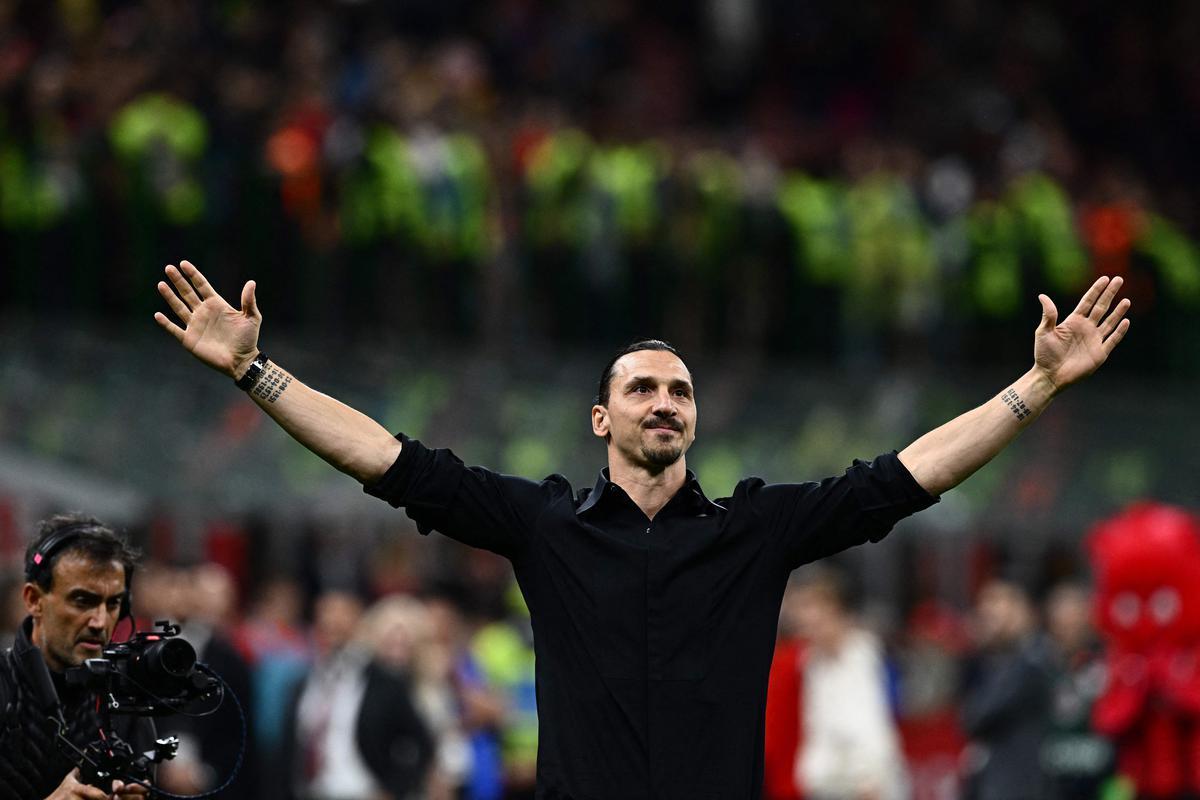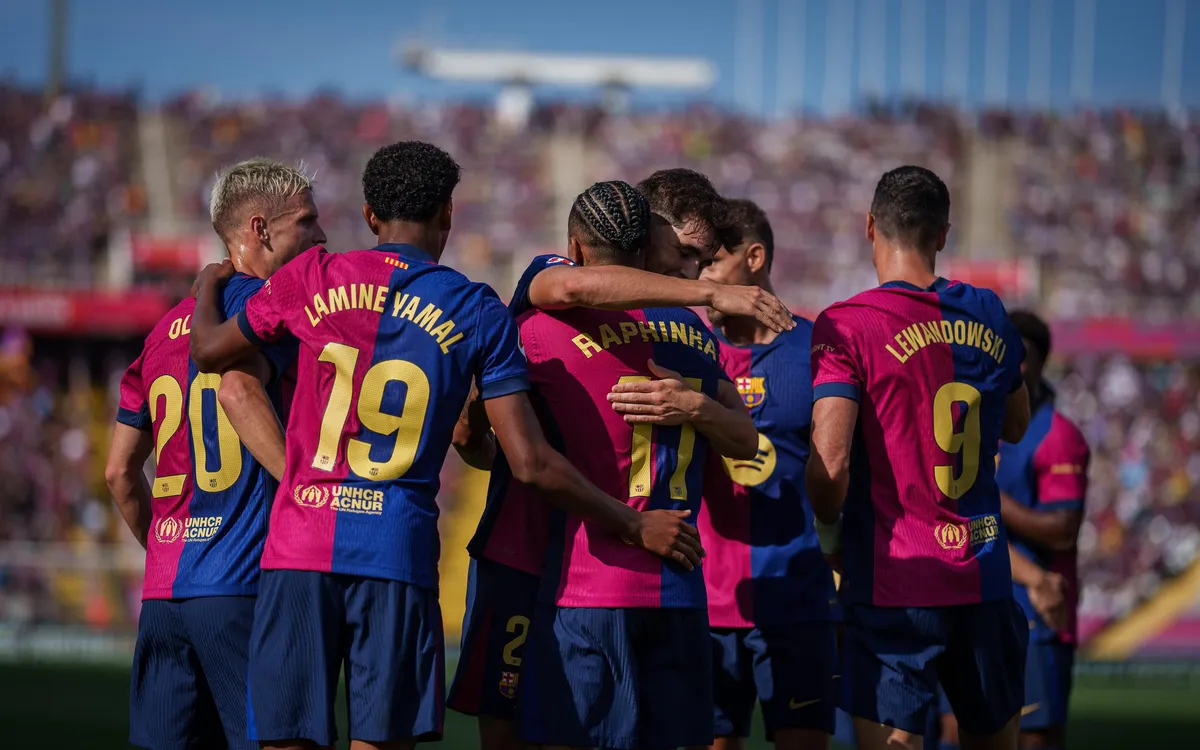New Delhi, Jul 21 (Olympics news) It's all in the mind, stressed Indian men's hockey team coach Graham Reid, confident that his side has what it takes to end a four-decade-long medal drought at the Olympics where "mental resilience will be an important factor" due to the COVID-19 pandemic.
India will open their campaign against New Zealand on July 24. Reid, in an interview to PTI, said the pandemic has helped his team discover the strength it previously wasn't aware of.
"I think it's (mental resilience) probably one of the most important thing right now. We had a pretty tough 16 months. No one has been spared from quarantine. It's unprecedented but I am very pleased and happy how this group has handled things in the last 15-16 months," the Australian said.
"I always tell them that don't underestimate the power of the things we went through together and this will hold us in good stead for what's ahead," he explained.
Reid said the tough circumstances that some of the players have encountered growing up will also be a motivation for them.
"… we don't know how tough the Indians actually are. If you look at the back stories of some of the players, they are really inspiring, shows some of the hardships that they went through to get to where they are right now.
"To get to the pinnacle of sport you have to go through a hell lot of things and that's what at the end of the day mental resilience is about. Mental resilience is to get back up after someone knocks you down." Being placed fourth in the world currently, India are being seen as among the favourites to stand on the podium in Tokyo after more than 40 years.
India's last of the eight Olympic gold medals came way back at the 1980 Moscow Games.
Th 57-year-old Reid, who has been in charge of the Indian men's hockey team for more than two years now, said his players are well equipped to overcome adversities.
"…if you prepare well for an exam then you are much more confident when you go into the exam.
"They had those experiences so they can draw parallels from them. It's about getting to understand that you need to draw on those experiences when the chips are down, when they are in the battle. I can do this because I have done it before,' he said.
A video enthusiast, Reid prepared short visual snippets about every player of the Olympic-bound team during the COVID-forced lockdown period. He feels the exercise has helped him to have a better understanding about the players.
"I love to play around with videos, it's a bit of a hobby of mine and when we got into lockdown I thought it would be nice to know about the guys better because you sometimes don't get to know about the background of all the players.
"But during COVID we didnt have too much to do, so I asked them a series of questions, different for different players, just simple things like tell us your story about like tell me some interesting things about something which happened in your young days," he recalled.
"I definitely know now that I have a much better understanding of the players as a coach." Reid feels that the team has made enough sacrifices to be in the reckoning for a medal in the Olympics.
Also read: Made a lot of sacrifices, I want to make them count in Tokyo: Hockey player Sreejesh
"There is definitely a chance if we play well and if we play where we need to. In the men's competition any 10-12 teams currently can beat each other on a particular day.
"I talk a lot about zooming out and zooming in and zooming out is about looking at the big picture and the big picture is yes absolutely we see ourselves standing on the podium in Tokyo," he said.
"Sacrifices is one of the things that stands successful people apart, they are prepared to forego gains for something better down the track," he added.
The road to Tokyo was a tough one for the team as five players, including skipper Manpreet Singh tested positive for the virus after returning to the national camp in Bengaluru following a short break last year.
"When these guys got tested, there was a bit of stigma attached to COVID. My reaction was 'I can't believe, how did it happen?' "(But) it was a good learning experience. It was an interesting time, it was a difficult time as well. Whenever a group of people goes through a shared experience and often that experience is bad, it binds you together, it bonds the group."
News source: PTI


